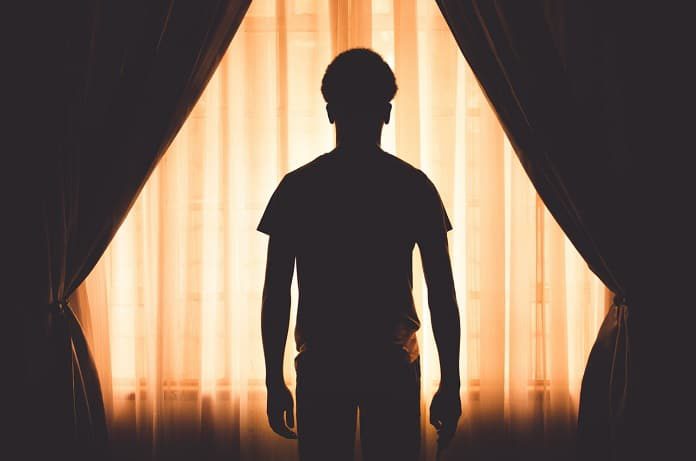A recent study found that Ebola survivors from the first documented outbreak in 1976 are still producing antibodies against the Ebola virus.
Ebola is a deadly disease caused by the Ebola virus species, causing acute and serious illness that is often fatal if left untreated. Since its first documented outbreaks during 1976 in Nzara, South Sudan, and Yambuku, Democratic Republic of Congo, several treatment strategies have been employed to treat the disease. The most effective treatment strategy involves the use of an Ebola vaccine, called rVSV-ZEBOV, that proved highly protective against the deadly virus. The long-term consequences of the Ebola infection remain uninvestigated, along with whether or not the Ebola vaccine provides long-term immunity and prevents the risk of a secondary infection. Until now.
A recent study, published by epidemiologist Anne Rimoin in The Journal of Infectious Diseases and discussed in Science Magazine, tracked 14Ebola survivors of the initial 1976 Ebola outbreak in Yambuku, Democratic Republic of Congo. In 2014, the researchers collected blood samples from the survivors, ranging in age from 55 to 86 years. They found that all of the survivors had antibodies that strongly reacted to three different Ebola proteins. The antibodies of some of the survivors were able to completely neutralize the Ebola virus suggesting that the vaccine conferred long-term immunity and reduced the risk of a secondary infection.
Virologist Dr. Diane Griffin of Johns Hopkins Bloomberg School of Public Health in Baltimore, Maryland, a specialist of RNA viruses including Ebola, was not surprised by the findings. However, she argues that further studies are still necessary to better understand the mechanisms by which long-term immunity is established and maintained.
A more comprehensive understanding of the mechanisms involved in long-term immunity will provide a guideline for future vaccine researchers for developing more effective and long-lasting vaccines, thereby reducing and/or preventing the risk of a secondary infection. Anne Rimoin and colleagues are currently studying the same fourteen survivors to identify and assess long-term health consequences of the initial Ebola infection.
Written by Haisam Shah, BSc
Reference: Cohen, Jon. (2017). ScienceMag. Forty years later, Ebola survivors are still making antibodies to the lethal virus.



